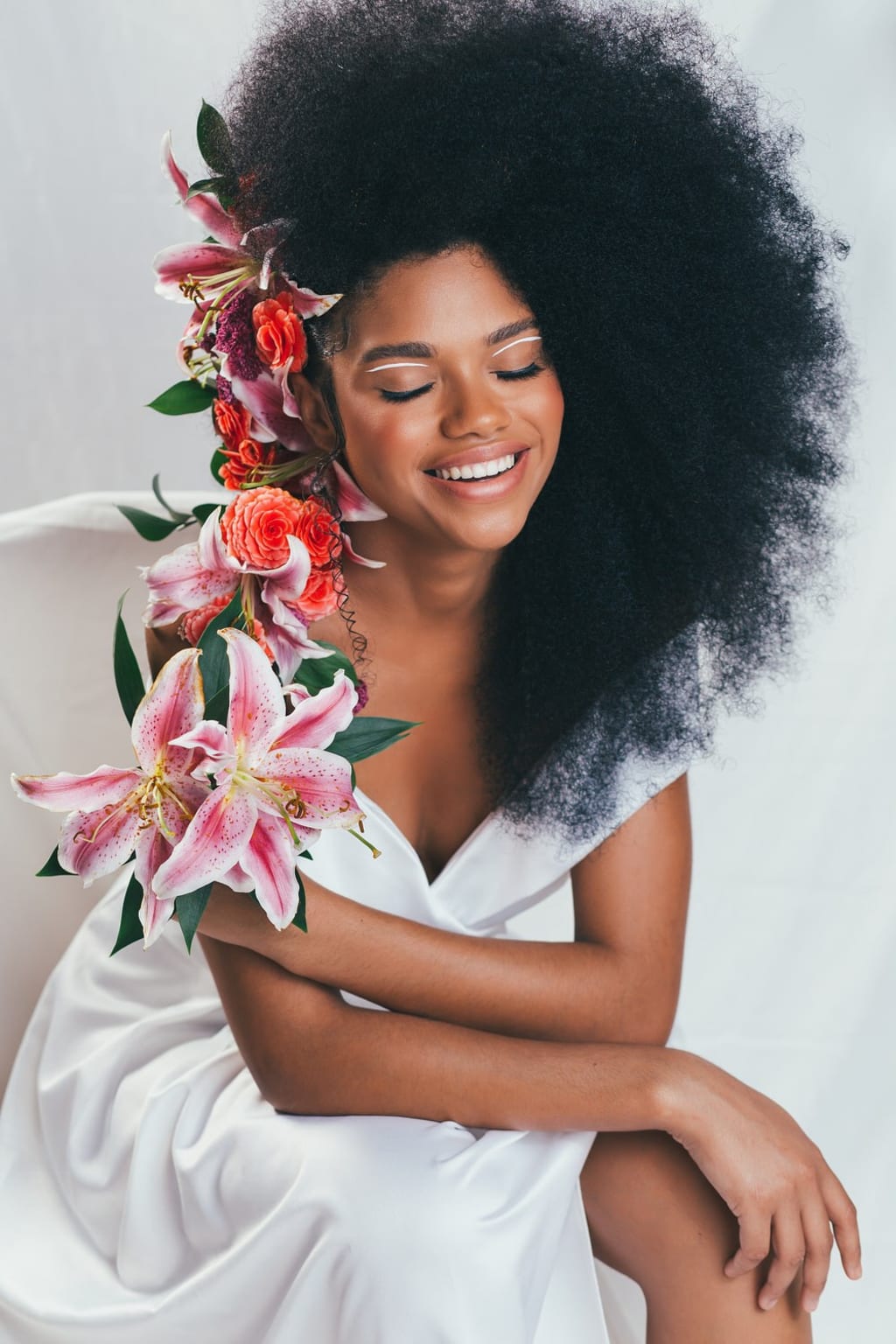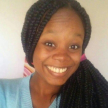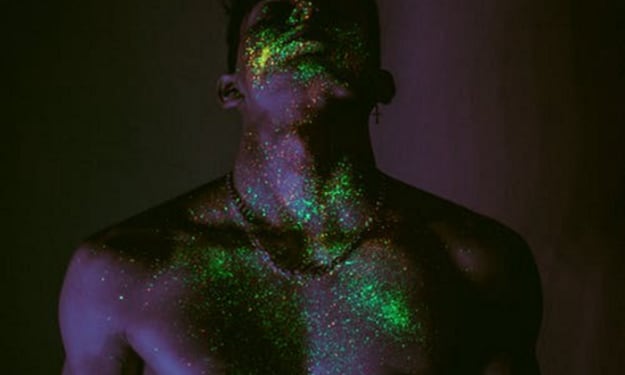Black Inside, (Not) Black Outside (Part II)
My Invisible Hair

Recently, I published a text about job interviews in which I describe my experiences and share some tips. Afterwards, I realized that this article lacks nuances because it focuses only on the applicants. Getting hired doesn’t depend only on the applicant, but most often on different other factors, like the interviewer(s) backgrounds and biases, the whole corporative culture, the society values, and the applicant social and ethnical community.
In my former text, I commented that being authentic can be a great tool to help build confidence. As a result, during a job interview we are more likely to convince the interviewer when we project our true personality.
However, getting hired is not only about expressing yourself better, neither does it depend only on being authentic. Sometimes, the problem is not you, it is our society and community. Because being yourself can be considered as a crime, a sin, or a nasty thing.
Such a nasty thing like the natural hair of a black person (or any hairstyle associated with it), which in many cases has to be transformed or covered up so as the black woman can be seen as professional, beautiful and attractive. Being a transgender or a gender non-confirming person may be considered a sin and even a crime. In many cases, these gender identities are simply seen as disguises, therefore these people’s ideas are not taken seriously.
Nowadays most of the discriminations made against these communities are subtle, in a way that it becomes more difficult to discern what is prejudice from what is not. Most societies and corporations want to project a façade of equality even though they don’t actually hire sufficient people from discriminated communities.
What Is Wrong With Black People Hair
The biases toward black women hair are really rooted in our societies. They started during slavery, when black women hair used to be shaved off as soon as they were sold. Even after slavery, the stigmas toward black people, including their hair, continue to exist. Often times, black women and girls are obliged to straighten their hair, wear wigs and weaves so as they can get access to school and have a work. Even though having straight hair has never been a guarantee for inclusion, at least it reduces the number of stigmas black people, especially black women, generally face.
Sometimes, even covered with wigs or weaves black women don’t feel comfortable because of the types of questions they are being asked as for their cleanness. Therefore, some women decide to just use permanent so as their hair could look straight for a long time. Well, at what cost? As for most chemical products, the consequences maybe huge: itchy scalp, scalp burning, hair fall, etc. But, for most women it is worth it.
Imagine how hard it can be for a black woman to have success in our societies. When I was a kid, living in Haiti, it was not that easy for some girls to be accepted at school. Because most schools used to forbid children to wear particular black hairstyles like braids, locks, twists, cornrows, or even afro.
If even in a country where most people are black there are many restrictions as for black hairstyles and customs, I wonder where in the world a black woman could be authentic, without being judged and discriminated against.
Some people might think that restrictions against certain types of hairstyles shouldn’t affect someone, because there are many other options. For a black woman, there aren’t any other option but straighten her hair, or wear wigs and weaves eternally. Nothing that comes from our culture is seen as professional, everything we create is too urban. Well, I still wonder what is wrong with being urban. How can this affect a person’s IQ? How come a hairstyle can be seen as urban?
At least if black women hairstyles were represented enough in multinationals and great corporations ―even in fiction, it would be easier for a young black woman to embrace her natural hair without any fear.
Let’s be honest, there aren’t even enough black women with straight hair in this sphere, when there would be enough with locks, braids, or any other black hairstyles. It seems that black women are still considered as this Jezebel caricature, only presentable sporadically in activities or events where expressivity matters. Even in the cultural spheres, where black people are often seen, our hair is still quite invisible. We see more black people than black hair.
Perhaps nowadays many black females are conscious about the mental and physical burden they are caring while covering up their hair or changing their hair texture. But there are still many works left in our societies in general and within our own community, so that black girls and women could be proud of themselves and be successful without being someone else.
I am happy that during this last decade we have come to start a huge movement where black women let their natural hair grow out. I hope that this movement might reach our leaders and corporations, and maybe one day there wouldn’t be any discrimination based on hairstyles and any other ethnic styles.
I wish that this movement doesn’t fade away like the US 1960s Afro era, and one day black people could embrace their creativity through their hairstyles, as well as prevent themselves from getting hurt by any chemical products.
If you have enjoyed reading this text, maybe you’ll be interested in knowing about the first part:
Reader insights
Outstanding
Excellent work. Looking forward to reading more!
Top insights
Easy to read and follow
Well-structured & engaging content
Expert insights and opinions
Arguments were carefully researched and presented
Eye opening
Niche topic & fresh perspectives
Excellent storytelling
Original narrative & well developed characters
Heartfelt and relatable
The story invoked strong personal emotions
On-point and relevant
Writing reflected the title & theme






Comments (2)
I enjoyed reading this. Hair is such a "thing," on the job market, you're right there. It shouldn't matter should it? I can remember working in offices and I would get, "you're just too lazy to straighten it," or "why can't you blow-dry it (frizz city if I did), or "oh, the femme fatale look today??," from professionals. So I turned to the ugly ponytail for work days. I totally sympathize with you. When I later became a Manager I never regarded looks as the first part of hiring, ever. Great writing!!!
I loved this! Part 2 was as good if not better than Part 1